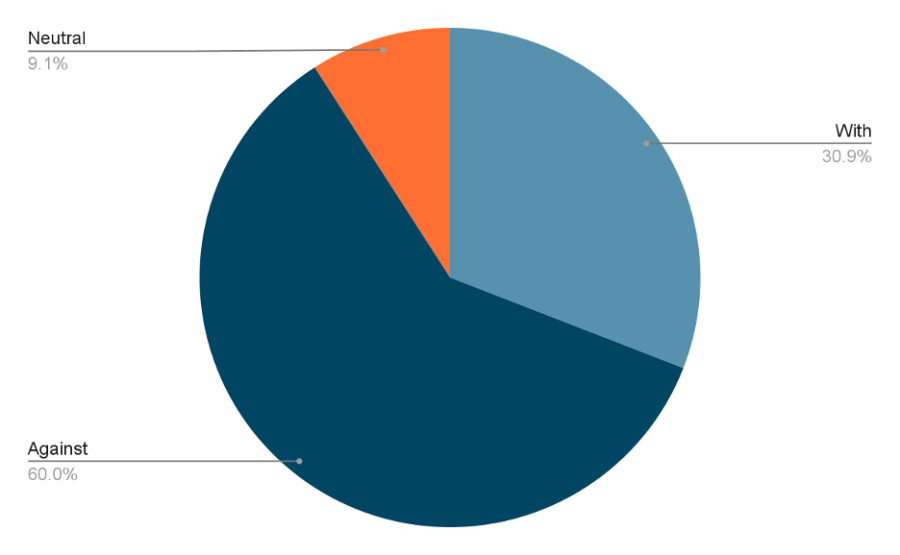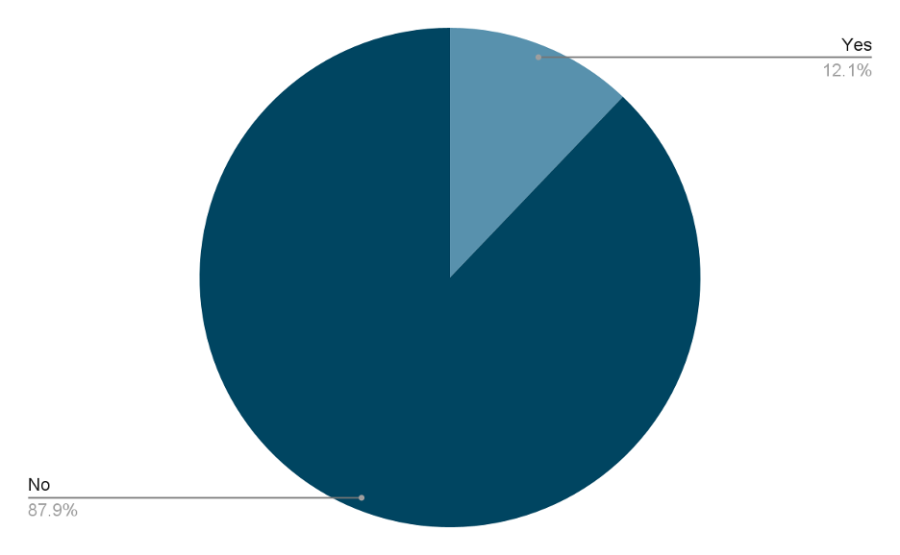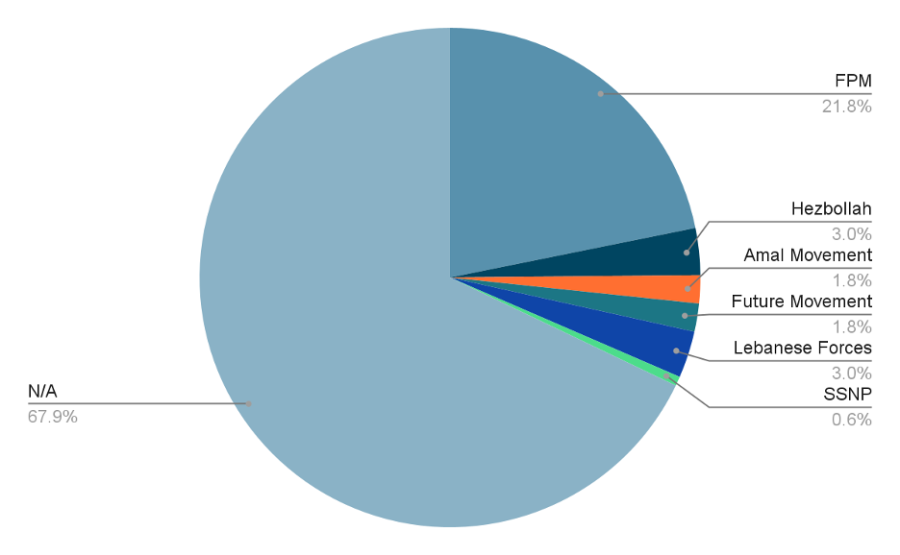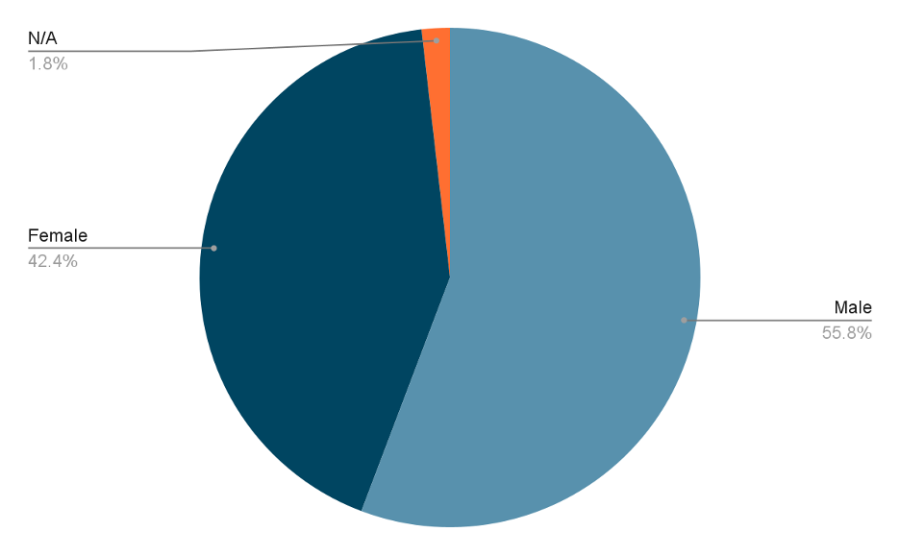
Case Study No.7: FPM Supporters Attack MTV Studio after Heated Debate on Prime-time Talk-show
The Samir Kassir Foundation (SKF) is selecting one case of violations against freedom of expression in Lebanon on a monthly basis and analyzing the reaction garnered on its own social media accounts. The aim is to understand the perception of our own social media audience to our reporting and assess the general level of support for freedom of expression in Lebanon.
Our study focuses on a framework that investigates the position towards the victim of the violation, the presence of hate speech, the visible political affiliation of the audience members, in addition to exploring a gender perspective, when available.
In November 2022, SKF chose the incident of violence during MTV’s political talk show “Sar El Wa’et”. Violence broke out on stage after a heated political clash between FPM MP Charbel Maroun and Change MP Waddah Sadek, who were both hosted by host Marcel Ghanem. Records show that FPM supporters were inciting violence against Mr. Ghanem prior to the shooting, up until the discussion got heated and violence broke between FPM supporters and other attendees. The situation escalated when the station’s security guards escorted the attackers outside of the station’s headquarters, and some of the supporters attacked different facilities inside the building. This act was met by violence from the security guards against the attackers leading to the shooting of multiple rounds in the air from an assault rifle that was in the guard’s possession prior to the incident.
The story about the incident was published on the Facebook account of SKF’s SKeyes Center for Media and Cultural Freedom on November 4. The most relevant comments were analyzed during the first two weeks of November 2022. Below are the results:

Fig.1 - Position towards the victim of the violation
Out of 165 analyzed accounts, 60% (99) were against the narrative which portrayed the TV station as a victim of violation, while 30.9% (51) posted comments that condemned the actions of FPM supporters; most of which also expressed sympathy and support towards the TV station. And 9.1% (15) were neutral.

Fig.2 - Use of hate speech
Out of the 165 analyzed accounts, 12.1% (20) added comments that contained hate speech, while 87.9% (145) added comments that did not contain hate speech.

Fig.3 - Commenters’ visible political affiliation
Out of the 165 analyzed accounts, 21.8% (36) showed affiliations with the Free Patriotic Movement, while 3% (5) showed affiliations with the Lebanese Forces (LF), which is equal to accounts showing affiliation to Hezbollah. Also, almost the same number of accounts showing affiliation with the Amal Movement and the Future Movement (FM) 1.8% (85) interacted with SKF’s post. Finally, 0.6% (1) of the interacting accounts showed affiliation with SSNP, while the rest showed no clear political affiliation but the content of their comments reiterated the discourse of the abovementioned political parties. Out of the 36 FPM-leaning accounts, all were against the victim of the violation and 30.5% (11) of the comments posted by FPM supporters contained hate speech. Whereas the FM- and LF-leaning accounts mainly condemned the actions of FPM supporters and linked the incident back to what they said were the party’s undemocratic practices during the turmoil that characterized former President Michel Aoun’s term in office. This highlights the fact that most of the interactions that were supportive of the victim of violation were, in fact, acting based on political grudges and not out of support for freedom of press and expression.

Fig.4 - Commenters’ visible gender
Out of the 165 analyzed accounts, 55.8% (92) were males and 42.4% (70) were females, whereas 3 accounts didn’t portray a visible gender Sixty percent (18) of the accounts that induced hate speech were from male contributors whereas 35% (7) were from accounts that identified as females.
This report was made possible through support from the UN Democracy Fund..png)